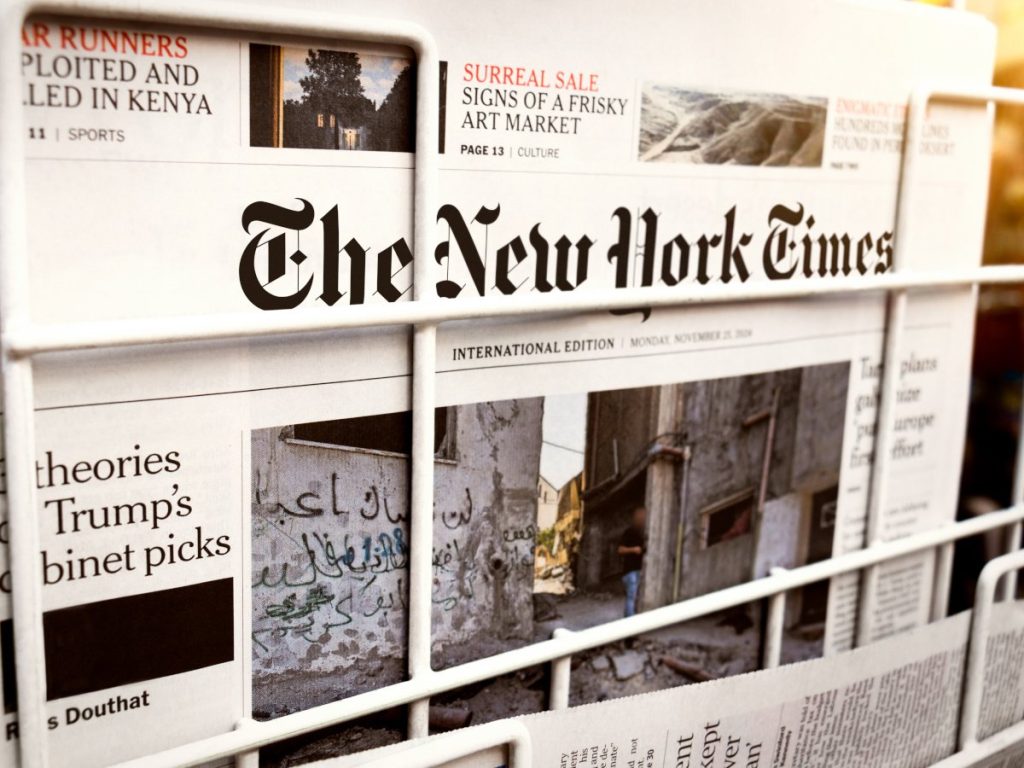News outlets fighting the lawsuit claim that OpenAI is destroying output logs.
OpenAI is appealing a court order which forces the AI giant to preserve ChatGPT logs, arguing that the order conflicts with the company’s commitment to privacy.
In a blogpost yesterday (5 June), OpenAI’s chief operating officer Brad Lightcap claimed that the plaintiffs – The New York Times, The New York Daily News and the Centre for Investigative Reporting – made a “sweeping and unnecessary” demand for ChatGPT and API output data.
However, the News Plaintiffs – as they are known collectively – claim that OpenAI is destroying output logs.
They argue that OpenAI’s output log data is necessary to show that the company’s AI models copy and sometimes misattribute their work, and at times, paraphrase them or use their direct quotes in its output.
OpenAI has a duty to preserve relevant output log data, the plaintiffs say, especially as its own privacy policy mentions that it may retain data for any legal obligations.
Last month, a magistrate judge at the US district court in the Southern District of New York held that OpenAI needs to preserve and segregate all output log data that would otherwise be deleted. This includes the free, Plus, Pro and Team versions of ChatGPT, as well as its API.
The company is clearly unhappy with the decision, arguing that the requests were “vastly overbroad”. It maintains that a “preserve everything” request brings up issues around user preference, as well as privacy laws and regulations in different regions of the world.
The New York Times initially filed the lawsuit against AI juggernaut OpenAI and its biggest backer Microsoft back in 2023 over claims that AI chatbots, including ChatGPT, are trained on millions of articles it published.
“Defendants seek to free-ride on The Times’s massive investment in its journalism by using it to build substitutive products without permission or payment,” the New York Times alleged at the time. It later joined forces with other outlets.
Recently, several of OpenAI and Microsoft’s motions aiming to dismiss claims from the lawsuit were denied, including their motion to dismiss direct and contributory infringement and claims of trademark dilution.
Meanwhile, as the copyright infringement lawsuit moves forward, The New York Times has signed an agreement to let Amazon use its content to train its generative AI models.
Besides news articles, Amazon will be allowed to use the publication’s cooking and sports content as well.
Don’t miss out on the knowledge you need to succeed. Sign up for the Daily Brief, Silicon Republic’s digest of need-to-know sci-tech news.

